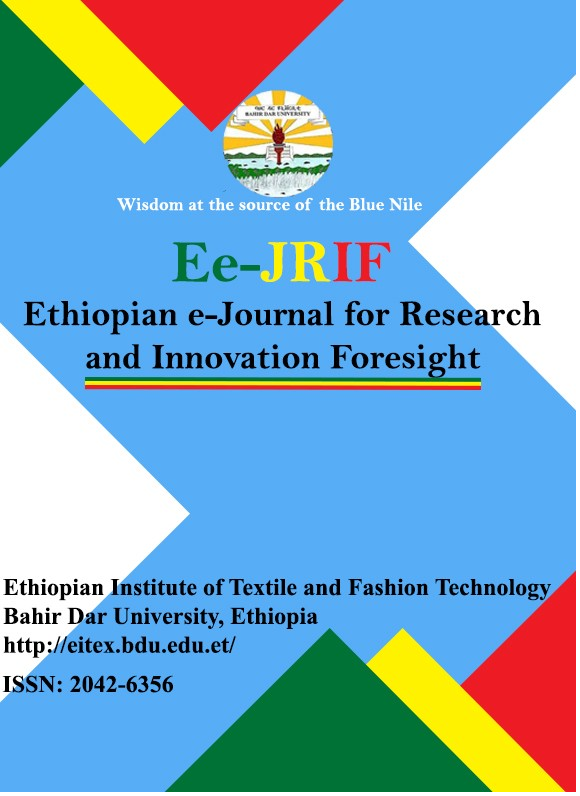Fostering Local Healthcare Entrepreneurship: A Market-Driven Strategy for Improved Health Outcomes in Nigeria’s Education Sector Post-Subsidy Removal
Abstract
This study investigates the potential of healthcare entrepreneurship as a market-driven strategy for improving healthcare access within Nigeria’s education sector in the wake of fuel subsidy removal. Anchored in both economic and public health perspectives, the research examines patterns of awareness, participation, treatment access, and the perceived impact of various entrepreneurial health models among staff of Tai Solarin University of Education (TASUED). Using structured questionnaire data and employing descriptive statistics, Chi-square tests, Mann-Whitney U tests, logistic regression, and factor analysis, the study uncovers significant insights. Awareness of healthcare entrepreneurship initiatives stood at 68%, with 42% participation—both shaped by gender and income but not academic rank. Participation was significantly associated with reduced instances of missed medical visits due to financial constraints, with engaged individuals 71.5% less likely to skip treatment. Among the types of health innovations adopted, cooperatives, mobile clinics, and telemedicine were most prevalent, valued for reducing costs, enhancing access, and fostering user empowerment. Economically, these models serve as adaptive risk-mitigation mechanisms, redistributing healthcare access through cost-sharing, technology, and decentralization. The study concludes that health-related small enterprises hold strong economic potential to stabilize healthcare access in periods of subsidy reform and fiscal austerity. It recommends broadening financial support structures and integrating entrepreneurial health solutions into national strategies for resilience-building in the education-health nexus.
Copyright (c) 2025 Ethiopian e-Journal for Research and Innovation Foresight (Ee-JRIF)

This work is licensed under a Creative Commons Attribution-NonCommercial 4.0 International License.

